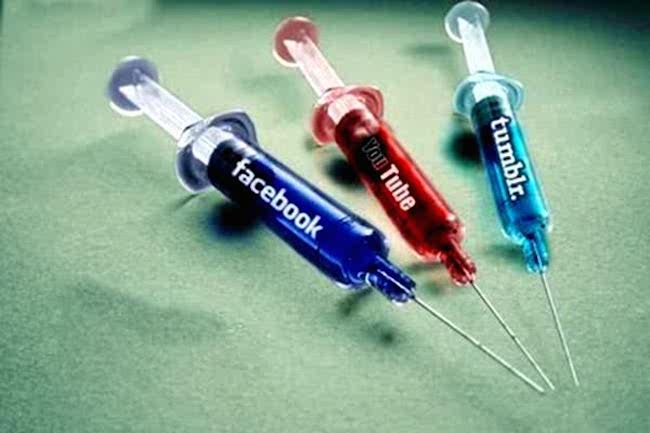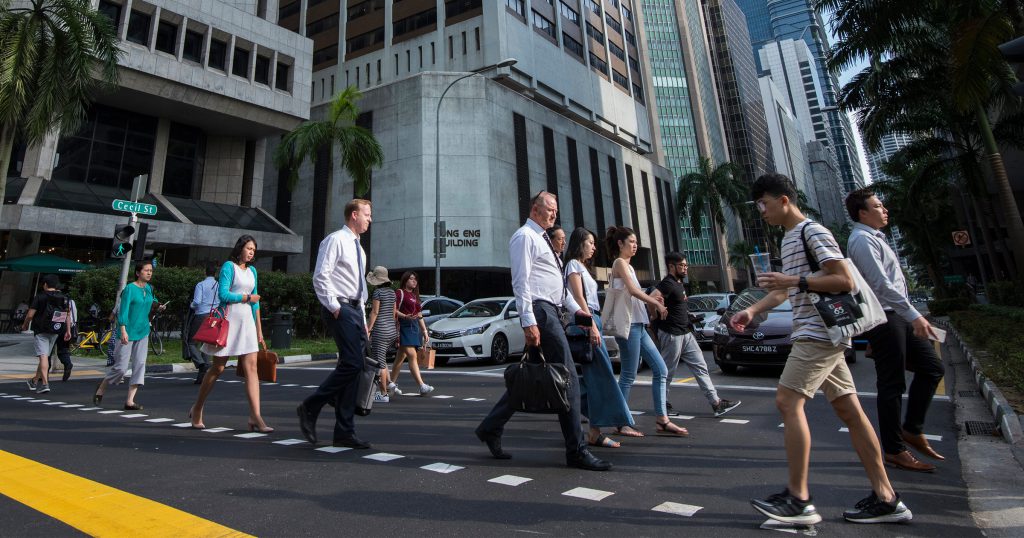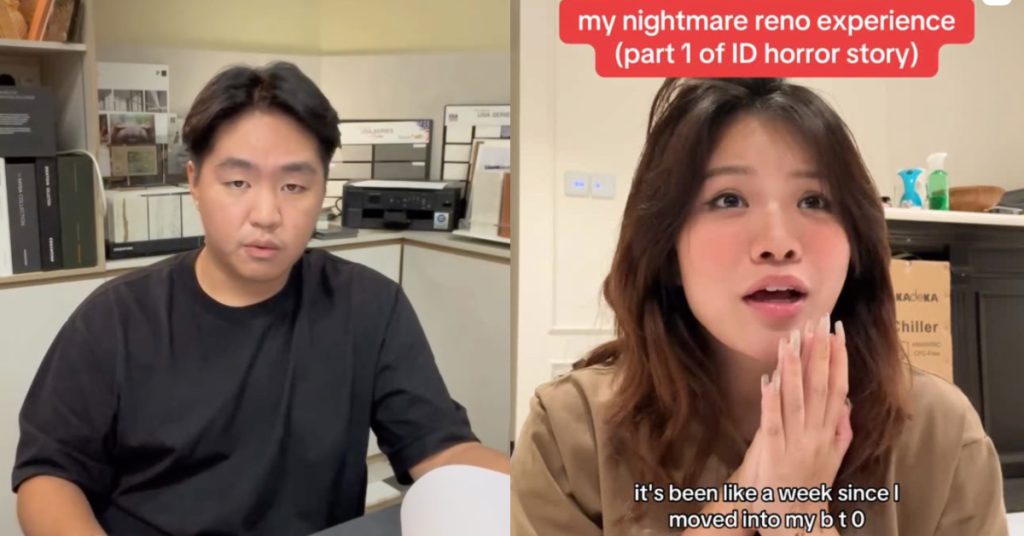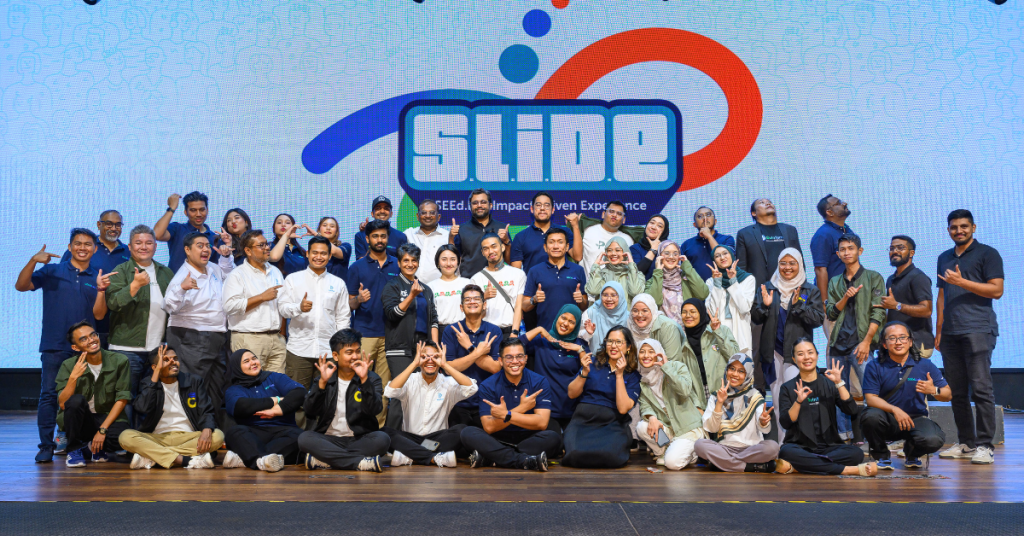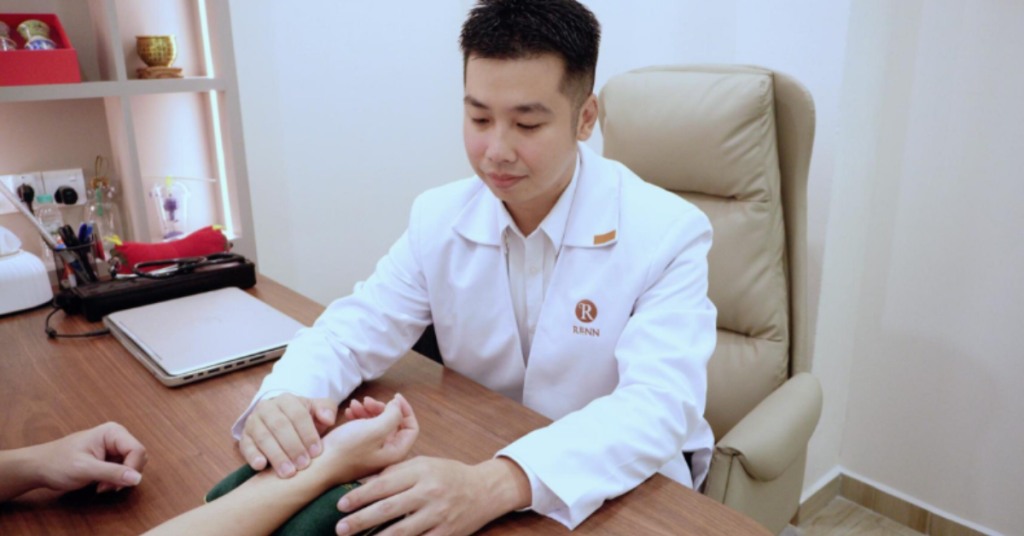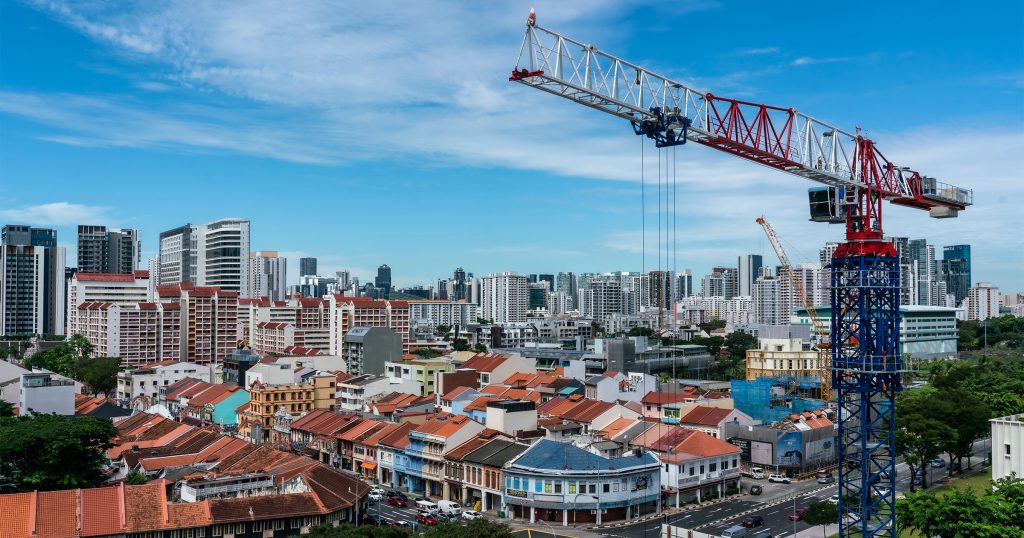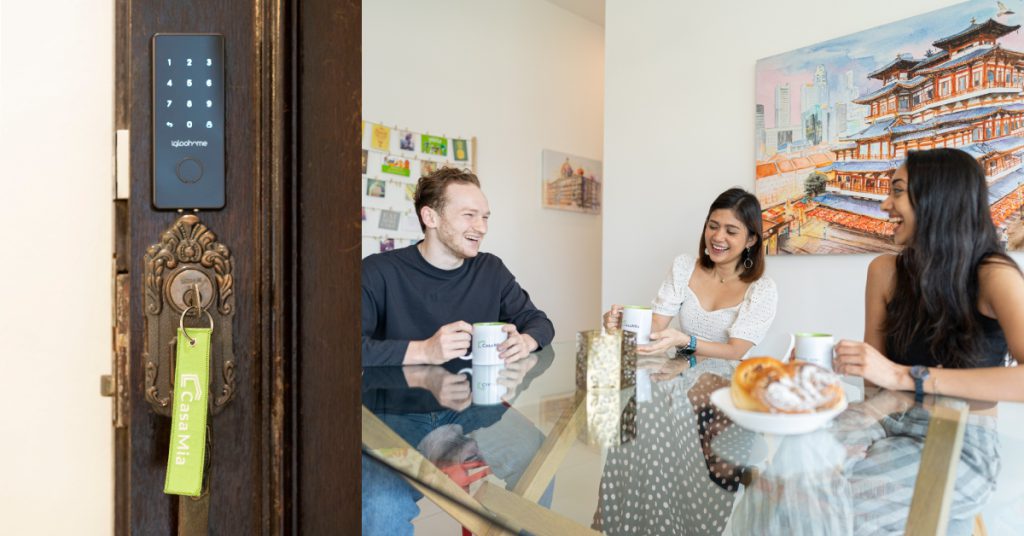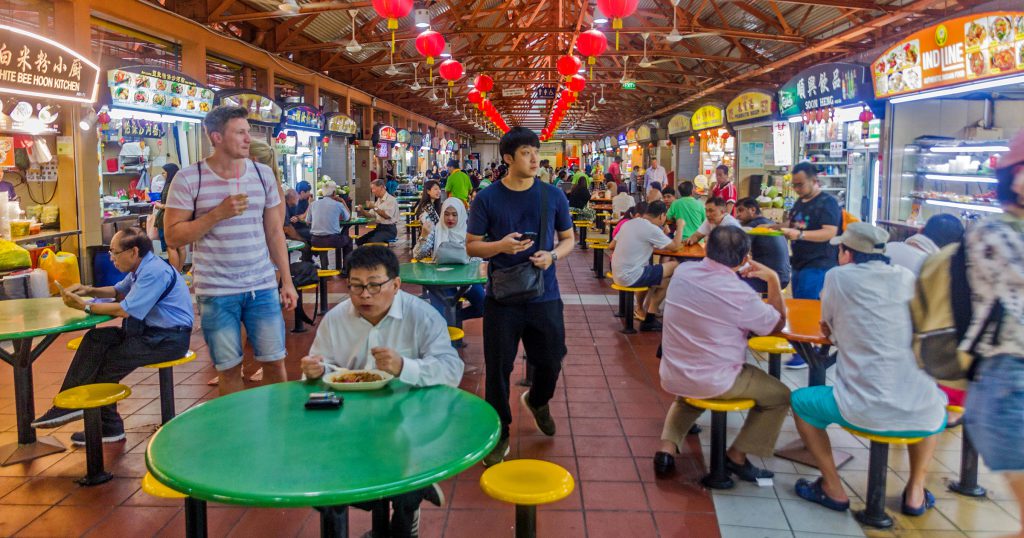“Let’s talk about the people of Singapore and about smartphones. There is not much difference. In Singapore I have seen the future and I shuddered. I’ve seen people scroll pages of the smartphone for endless minutes, without doing anything, or without launching any applications. I have seen the future and I know now that life is better in the past.”
That was what Italian Giorgio Fochesato felt when he visited Singapore.
Walk along the streets of Singapore or take the public transport, you will easily noticed what Giorgio was talking about.
Smartphone addiction is a real thing, and it is slowly becoming serious: According to a recent report, psychiatrists in Singapore are pushing for medical authorities to formally recognise addiction to the Internet and digital devices as a disorder, joining other countries around the world in addressing a growing problem.
According to the same report, Tan Hwee Sim, a consultant psychiatrist at The Resilienz Mind clinic in Singapore, noted that the symptoms exhibited by her young adult patients have changed over the years. “Internet addiction as a disorder is not even listed in our latest psychiatric manual, it’s only listed in the appendix as a disorder that requires further study,” she said.
Another consultant at the anaesthesiology department of Singapore General Hospital, Tan Kian Hian told AFP that in terms of physical symptoms, more people are reporting “text neck” or “iNeck” pain.
“It is a commonly observed phenomenon that many people have their heads lowered and are now using their mobile devices constantly on the go, while queuing or even crossing the roads,” Tan added.

Signs of addiction? Trisha Lin, an assistant professor in communications at the Nanyang Technological University, defined digital addiction by a number of symptoms:
- The inability to control craving
- Anxiety when separated from a smartphone
- Loss in productivity in studies or at work
- The need to constantly check one’s phone
So what can be done to overcome this addiction? If you or any of your friends do exhibit these symptoms, do seek professional help. In Singapore, there are two counselling centres – the National Addictions Management Services and Touch Community Services – with programmes for digital addiction.
We have written much about the need to watch our consumption of social media as well as digital content, which most smartphone users are spending most of their time on:
Life without social media for a week. Verdict? I’ve gained more than I can imagine.
An On-Off Affair With Facebook
Look Up is a heartbreaking video depicting the effect of Social Media to our generation
Am I the only one allowing Facebook to feed my insecurity?
Why I deleted my Facebook mobile app
So yes, smartphone and digital addiction is becoming a serious problem in Singapore.


